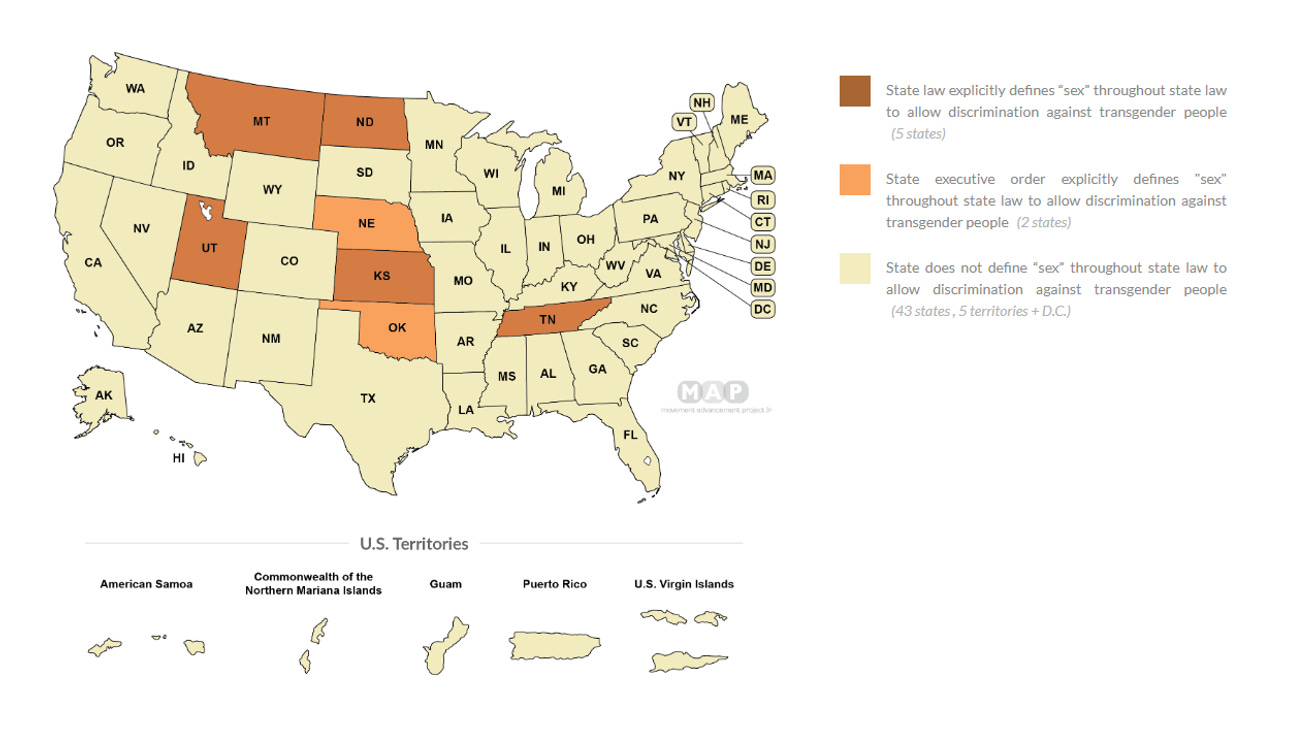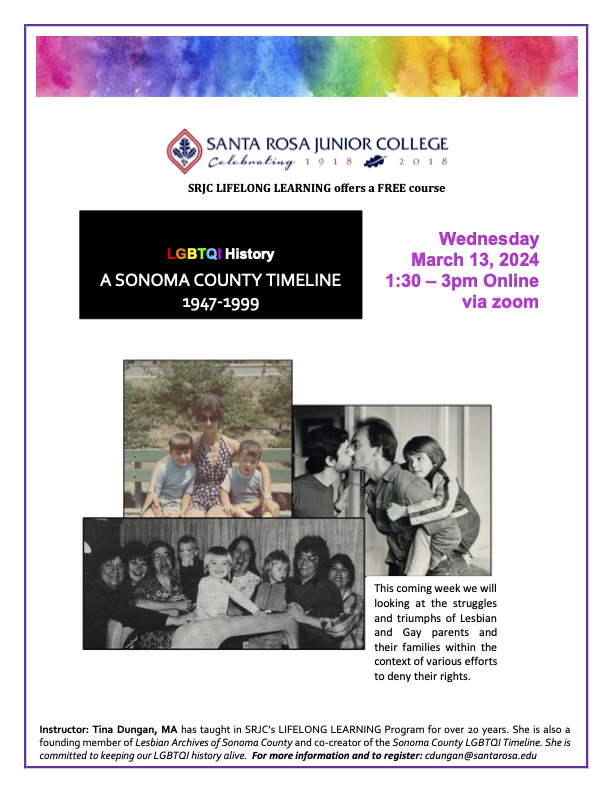A volunteer from Free Mom Hugs recently found herself at the center of a controversy stirred by Tiffany Justice, co-founder of the anti-government extremist group Moms for Liberty.
On March 7, Justice took to X (formerly Twitter) to attack the volunteer with a post that insinuated supporters of Free Mom Hugs might be “groomers” for offering “free Mom hugs” to children not their own. Right-wing extremists have used the term to falsely accuse LGBTQ+ individuals and people who support them of grooming children for sexual exploitation.
“If you are offering kids ‘free Mom hugs’ but you aren’t their Mom, you might be a Groomer,” Justice wrote. Her post was accompanied by a vibrant photograph of the volunteer, dressed in a kaleidoscope of rainbow colors and a Free Mom Hugs t-shirt at Atlanta’s 2023 Pride Parade.
If you are offering kids \u201cfree Mom hugs\u201d but you aren\u2019t their Mom, you might be a Groomer.— (@)
The volunteer, whose identity The Advocate is withholding to protect her from potential harassment, responded with a mix of humor and heartfelt reflection.
“Me, a groomer? I don’t even bathe my own dogs at home,” she wrote in a statement shared with The Advocate.
She shared that she changed her own conservative views about LGBTQ+ people after her queer daughter attempted suicide. This turning point led her from a life filled with fear and judgment, shaped by her conservative upbringing and religious background, to one of love, acceptance, and advocacy.
“I stopped being afraid of the unknown in 2016 when my queer daughter tried to take her own life to escape the pain that was caused by not being accepted for who she was,” she said. “Thankfully, she was unsuccessful. Thankfully, I let go of everything I held onto prior to that day, except for my kids.”
She added, “Most thankfully, that fear has now been replaced with the deepest and sweetest joy anyone can imagine.”
Justice’s smear and false “groomer” attack is not isolated but reflects broader societal debates around LGBTQ+ rights and acceptance amid right-wing attacks against marginalized communities. Free Mom Hugs, the Oklahoma-based organization at the heart of this controversy, is a nonprofit founded on unconditional love, support, and acceptance for the LGBTQ+ community.
Sara Cunningham, the organization’s founder, shared her thoughts on the importance of their work and the impact of such baseless accusations in an interview with The Advocate.
“We were all taken aback,” Cunningham said, “especially my executive director, program director, and certainly our volunteer.” She explained that, despite the initial alarm, the incident “kind of worked in our favor” as the community rallied in support, affirming the group’s mission and values.
Cunningham herself has been a vocal advocate for LGBTQ+ rights, spurred by her own experiences as a conservative Christian mother who came to accept and celebrate her son’s homosexuality. In June 2015, during the Oklahoma City Pride Festival, Cunningham’s simple act of wearing a homemade “Free Mom Hugs” button and offering embraces to those who looked her way marked the inception of what would soon evolve into a nationwide crusade.
That pivotal day, the movement of Free Mom Hugs was born, sparked by the heart-wrenching interaction with a young woman who disclosed, “It’s been four years since I got a hug from my mom because I’m a lesbian.”
The momentum of this compassionate initiative surged in 2018 when Cunningham’s Facebook post went viral. It said: “PSA: If you need a mom to attend your same-sex wedding because your biological mom won’t, call me. I’m there. I’ll be your biggest fan. I’ll even bring the bubbles.”
Free Mom Hugs operates nationally, offering support, resources, and, most notably, hugs at Pride events, schools, and community gatherings. Their mission is to empower the world to celebrate the LGBTQ+ community through visibility, education, and conversation, she said. Cunningham emphasized the critical role of allies across various sectors of society.
The volunteer targeted by Moms for Liberty is trying to stay focused on the positive.
“After I let my immediate family know about the post with my photo, I texted a few close friends who are active on social media, just to give them a heads up,” the volunteer said about Justice’s post, which she said she hadn’t seen and wouldn’t look at. “My high school boyfriend was one of them. Joey is now married to Mark,” she said. “Joey texted back, ‘You groomed me! As soon as you hugged me, I turned gay.’”
She continued, “I laughed, and I savored the fact that even when someone sends you hate, the people around you can turn it into love before it even arrives.”


